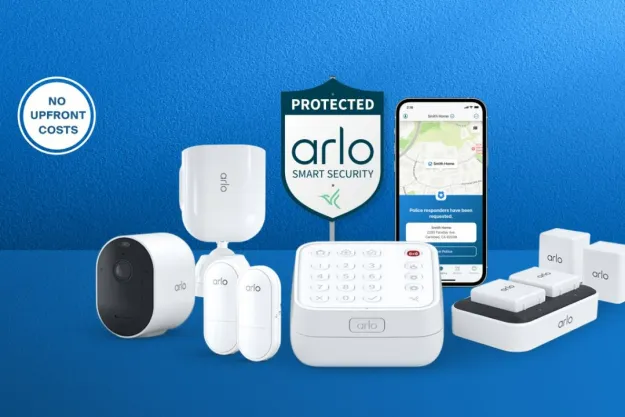In a consumer-privacy survey released by ADT, the national stalwart of home and business security solutions, U.S. consumers spoke out about their concerns regarding smart-home technology, a rapidly expanding corner of consumer tech that Americans alone are forecast to pour billions into in just the next few years.
Given all the ruckus surrounding security and privacy within the smart home space, this poll lands at a time when confidence in some of our most cherished smart-home tech may be at an all-time low.

Key findings of the report indicate that over 90% of the people surveyed are demanding greater safety protocols be put in place by the majority of smart-home brands, with specific focus paid to safeguarding personal data. Chief concerns for those surveyed include hacking (75%) and government spying through our smart cameras and speakers (53%).
The specifics of ADT’s report indicate that “more than 40% of those surveyed admit they don’t feel knowledgeable on the topic [of privacy protections]…” This suggests more than a third of respondents are demanding indestructible firewalls be built around their smart homes, without sufficient awareness of just who builds these walls and how they even work. While it may seem easy to point the finger at smart brands for keeping consumers in the dark, the truth of the matter may be a little more complex.
In early 2019, ADT rolled out the Consumer Privacy Initiative, “… an industry-level initiative to unite the smart home security industry and produce clear guiding principles … for how security providers manage consumer data and protect their privacy.” Major focus areas outlined in the ongoing manifesto include accountability, data correction & deletion, guidance & use, and transparency.
Leading smart-security brands like Alarm.com, Sercomm, and Vector Security have united with ADT to expand on the practices laid out in the initiative. The doors are open for other companies to come aboard, and this is certainly a case of “the more the merrier” because, let’s face it, those terms-and-conditions pages could do with some enriching.
Redesigning the ways that smart brands educate their users by itself may not be enough. Users will also need to engage with the new and interactive tools brands give them to understand how their data is being protected.
Editors' Recommendations
- Blink Mini 2 vs. Blink Mini: Is Amazon’s new security camera a worthy upgrade?
- Nest Secure will be discontinued in April – prepare your smart home with these steps
- Kohler reveals luxurious smart home products that turn your bathroom into a spa
- Do smart home security cameras record all the time?
- Ikea launching 3 new smart home safety gadgets in 2024




